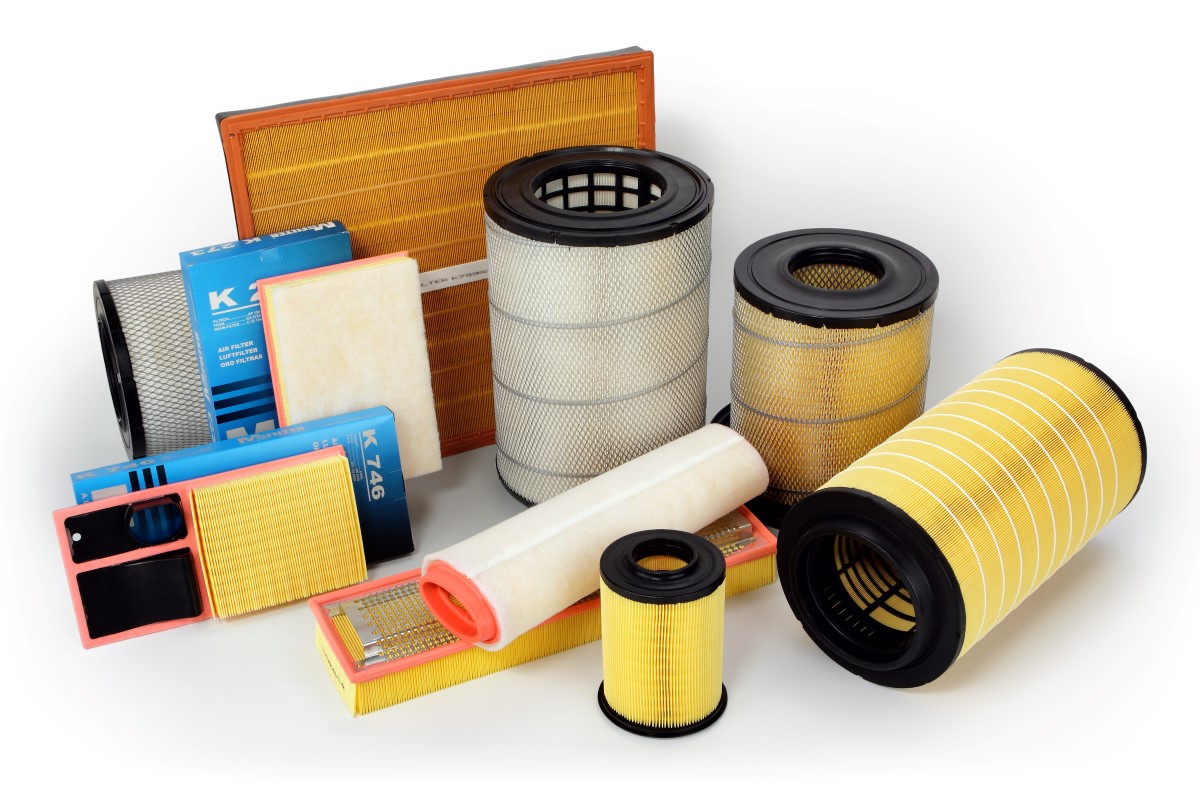
Automotive air filters are essential components of a vehicle’s engine system, playing a critical role in maintaining engine performance and efficiency. Located within the air intake system, these filters serve to purify the air entering the engine by trapping dust, debris, pollen, and other pollutants. The significance of this filtration process cannot be overstated, as the quality of air that enters the engine directly impacts combustion efficiency. A clean air filter euro filter that the engine receives the proper air-to-fuel ratio, optimizing performance and fuel economy. Conversely, a dirty or clogged air filter can hinder airflow, leading to reduced engine power, increased fuel consumption, and higher emissions.
The design of automotive air filters has evolved significantly over the years. Traditionally, most air filters were made from paper elements, but advancements in technology have introduced various materials, including foam and cotton, that offer improved filtration and airflow characteristics. Synthetic materials, for instance, can trap smaller particles than traditional paper filters, enhancing engine protection. Additionally, high-performance filters are now available, designed for enthusiasts seeking to maximize horsepower and torque. These aftermarket options often boast higher flow rates while maintaining effective filtration, proving beneficial for performance-driven vehicles.
Regular maintenance of automotive air filters is vital for vehicle longevity and efficiency. It is generally recommended that drivers check and replace their air filters every 12, 000 to 15, 000 miles or as specified in the vehicle’s owner manual. However, driving conditions can influence this schedule; vehicles frequently driven in dusty or polluted environments may require more frequent changes. Neglecting to replace a dirty air filter can lead to a host of problems, including engine misfires, reduced acceleration, and even potential engine damage over time. Therefore, incorporating air filter checks into routine vehicle maintenance can lead to cost savings in repairs and fuel efficiency.
One often-overlooked benefit of maintaining clean air filters is their impact on vehicle emissions. As environmental regulations become stricter, the automotive industry is continually seeking ways to reduce harmful emissions. A clean air filter allows for complete combustion, which can lower the levels of unburned hydrocarbons and other pollutants emitted from the exhaust system. By ensuring that your air filter is clean, you not only improve your vehicle’s performance but also contribute to a greener environment. This aspect is increasingly important as more consumers are becoming environmentally conscious and looking for ways to reduce their carbon footprint.
Choosing the right air filter is another critical aspect for vehicle owners. While original equipment manufacturer (OEM) filters provide adequate filtration and performance, aftermarket filters may offer additional benefits. Performance-oriented filters can enhance airflow and improve horsepower but may require more frequent maintenance and replacement. Conversely, some premium filters can be cleaned and reused, providing a cost-effective and environmentally friendly option. Understanding the pros and cons of different air filter types can help drivers make informed decisions that align with their performance goals and maintenance preferences.
In the context of the growing trend of electric vehicles (EVs), the role of air filters is shifting. Although traditional combustion engines rely heavily on air filters for optimal performance, EVs primarily use cabin air filters to enhance passenger comfort. These filters purify the air entering the cabin by removing pollutants, allergens, and odors, ensuring a healthier driving environment. As the market for EVs expands, manufacturers are increasingly focusing on developing advanced cabin air filtration systems, using technologies such as activated carbon and HEPA filters to improve air quality inside the vehicle.
The installation of an air filter is typically a straightforward process, but it can vary depending on the make and model of the vehicle. Most drivers can easily access their air filters by opening the engine compartment, though some vehicles may require special tools or additional steps. For those less familiar with automotive maintenance, consulting a professional mechanic or referring to the vehicle’s service manual is advisable. Proper installation ensures that the filter fits snugly and functions effectively, preventing unfiltered air from entering the engine.
Educating consumers about the importance of air filters is crucial for fostering better maintenance habits. Many vehicle owners may not fully grasp the role of air filters or the consequences of neglecting them. Awareness campaigns by manufacturers and auto service centers can help convey the significance of regular air filter checks and replacements. Simple actions, such as setting reminders for maintenance checks or tracking mileage, can lead to improved vehicle performance and longevity.
In conclusion, automotive air filters are pivotal in maintaining engine health, optimizing performance, and reducing emissions. Regular maintenance and timely replacement of air filters are essential practices for all vehicle owners, impacting both the car’s functionality and the environment. With the variety of air filter options available today, drivers can select filters that best suit their needs, whether for everyday commuting or performance driving. As the automotive industry evolves, so too does the importance of air filtration in ensuring a cleaner, more efficient, and sustainable future for vehicles.